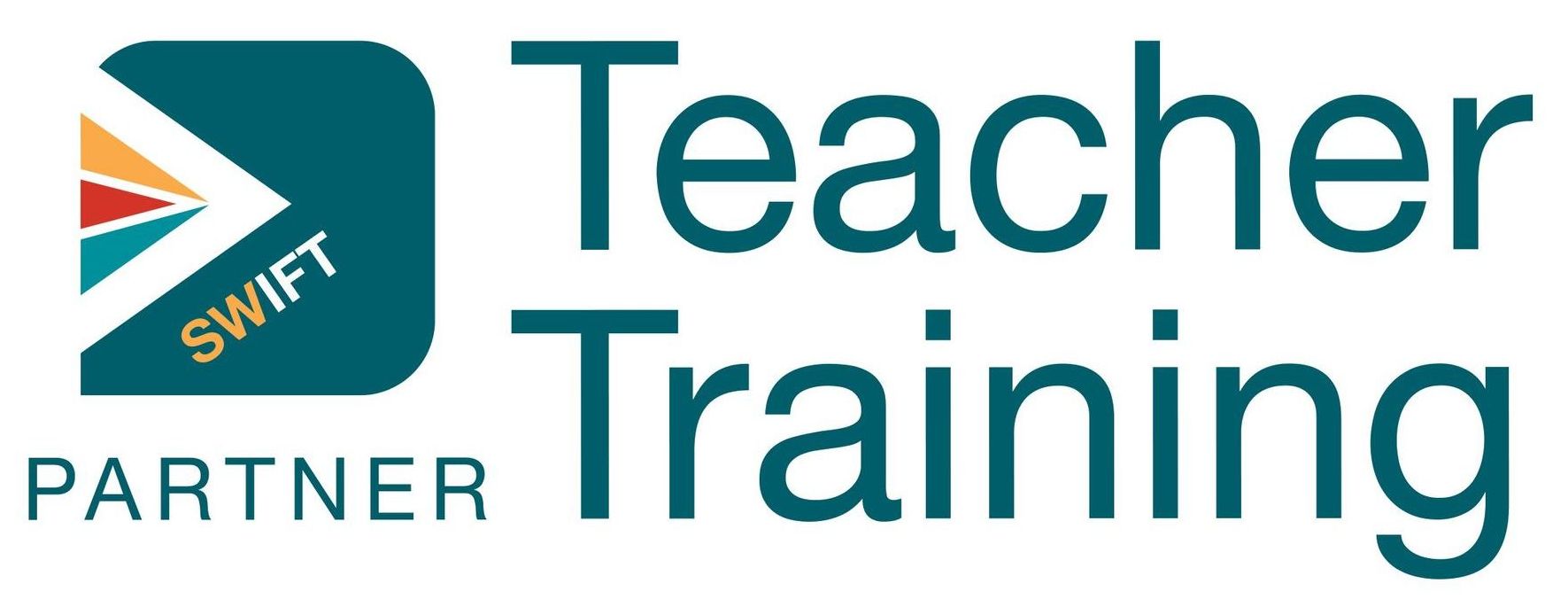Physical Education
Learning Journey

3 i Statement
Intent
A high-quality Physical Education curriculum inspires all pupils to succeed and excel in competitive sport and other physically demanding activities. We also aim to encourage their families to become more active. It provides opportunities for pupils to become physically confident in a way which supports their health and fitness. Opportunities to compete in sport and other activities build character and help to embed school values such as resilience, responsibility, aspiration and integrity. We also promote the development of sports leaders.
We develop a full and secure understanding of common and non-mainstream sports such as bocha and sitting volleyball.
Through the teaching of PE, we intend to:
- enable pupils to develop and explore physical skills with increasing control and co-ordination
- encourage pupils to work and play with others in a range of group situations
- develop the way pupils perform skills and apply rules and conventions for different activities
- show pupils how to improve the quality and control of their performance
- teach pupils to recognise and describe how their bodies feel during exercise and the positive impact physical activity has on their future health and mental wellbeing.
- develop the pupil’s enjoyment of physical activity through creativity and imagination
- develop an understanding in pupils of how to succeed in a range of physical activities and
- how to evaluate their own success and
- assess pupils learning, analyse and interpret the results to inform future planning and lessons.
Implementation
Wynstream Primary School fully adheres to the aims of the National Curriculum for Physical Education to ensure all children; develop competence to excel in a broad range of physical activities, are physically active for sustained periods of time, engage in competitive sports and activities and lead healthy, active lives.
All pupils in Years 1 -6 receive at least 2 hours PE per week timetabled in 2 separate sessions. EYFS receive an hour PE lesson weekly. We use a variety of teaching and learning styles in PE lessons. Our principle aim is to develop the pupil knowledge, skills and understanding and we do this through a mixture of whole-class teaching and individual/group activities. Pupils have modelled to them sporting skills and are then provided with to practise their newly learnt skills. Attention is drawn to good examples of individual performance as models for the other pupils and we encourage the pupil to evaluate their own work as well the work of other pupils.
PE Activity Map
| Term | EYFS | Year 1 | Year 2 | Year 3 | Year 4 | Year 5 | Year 6 |
|---|---|---|---|---|---|---|---|
| Autumn 1 | Team building | Team building | Team building | Team building | Team building | Team building | Team building |
| Autumn 1 | Me and myself | Invasion – football | Invasion games - basketball | Football | Netball | Handball | Handball |
| Autumn 2 | Fun and games | Tag Rugby | Tag Rugby | Tag Rugby | Tag Rugby | Tag Rugby | Tag Rugby |
| Autumn 2 | Ball skills | Dodgeball/Benchball | Dodgeball/Benchball | Hockey | Hockey | Football/Futsal | Football/Futsal |
| Spring 1 | Movement development | Gymnastics | Gymnastics | Gymnastics | Gymnastics | Gymnastics | Gymnastics |
| Spring 1 | Dance | Dance | Dance | Dance | Dance | Dance | Dance |
| Spring 2 | Fitness | Fitness | Fitness | Fitness | Fitness | Fitness | Fitness |
| Spring 2 | Throwing and catching | Target | Target | Target | Target | Target | Target |
| Summer 1 | Working with others | Striking and fielding | Net and wall | Net and wall | Net and wall | Striking and fielding | Net and wall |
| Summer 1 | Athletics | Athletics | Athletics | Athletics | Athletics | Athletics | Athletics |
| Summer 2 | Cricket | Cricket/Kickball | Cricket/Kickball | Cricket/Rounders | Cricket/Rounders | Cricket/Rounders | Cricket/Rounders |
| Summer 2 | Tennis | Tennis/Badminton | Tennis/Badminton | Tennis/Badminton | Tennis/Badminton | Tennis/Badminton | Tennis/Badminton |
Swimming
Wynstream- Autumn: Year 6/ Spring & Summer: Year 5
Impact
Pupils will have a wide range of skills and abilities and a willingness to engage in physical activity. We will provide suitable learning opportunities for all pupils by matching the challenge of a task to the ability of the child and in doing so raise pupils’ health (considering childhood obesity) and fitness levels, improve skills and develop resilience, teamwork and responsibility.
To ensure highest quality of teaching and learning, subject leaders will regularly monitor pupil and teacher voice as well as the quality of lessons. Teachers will measure progress and attainment against established learning objectives.
All Rights Reserved | Wynstream Primary


